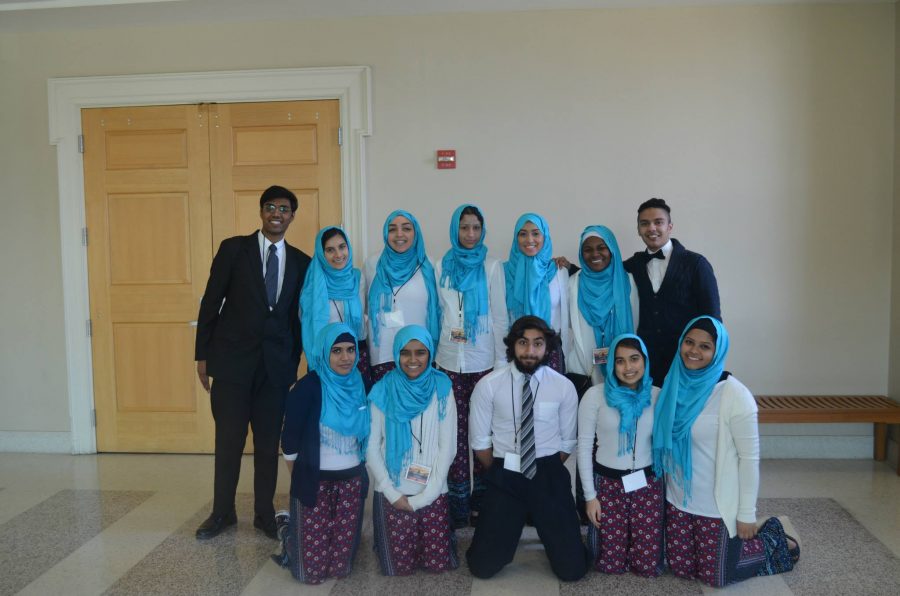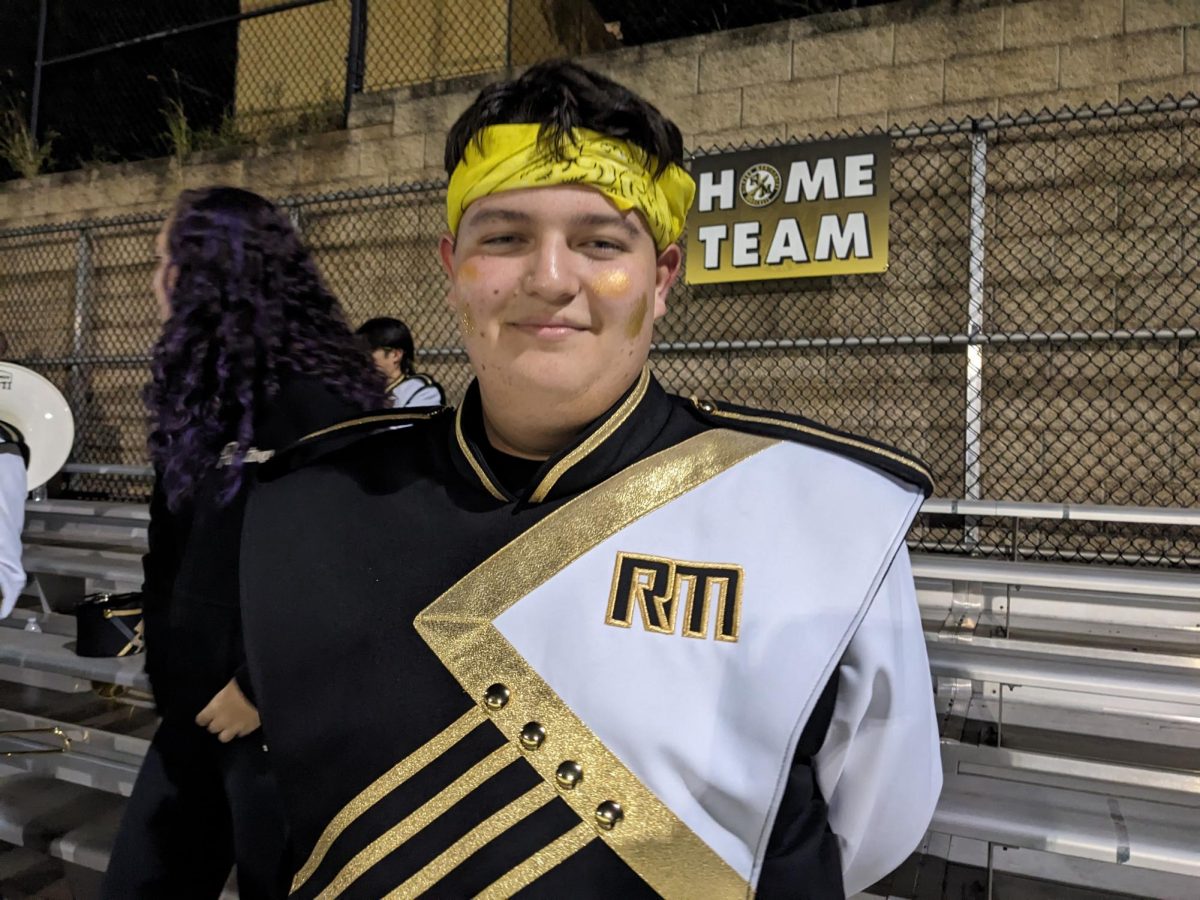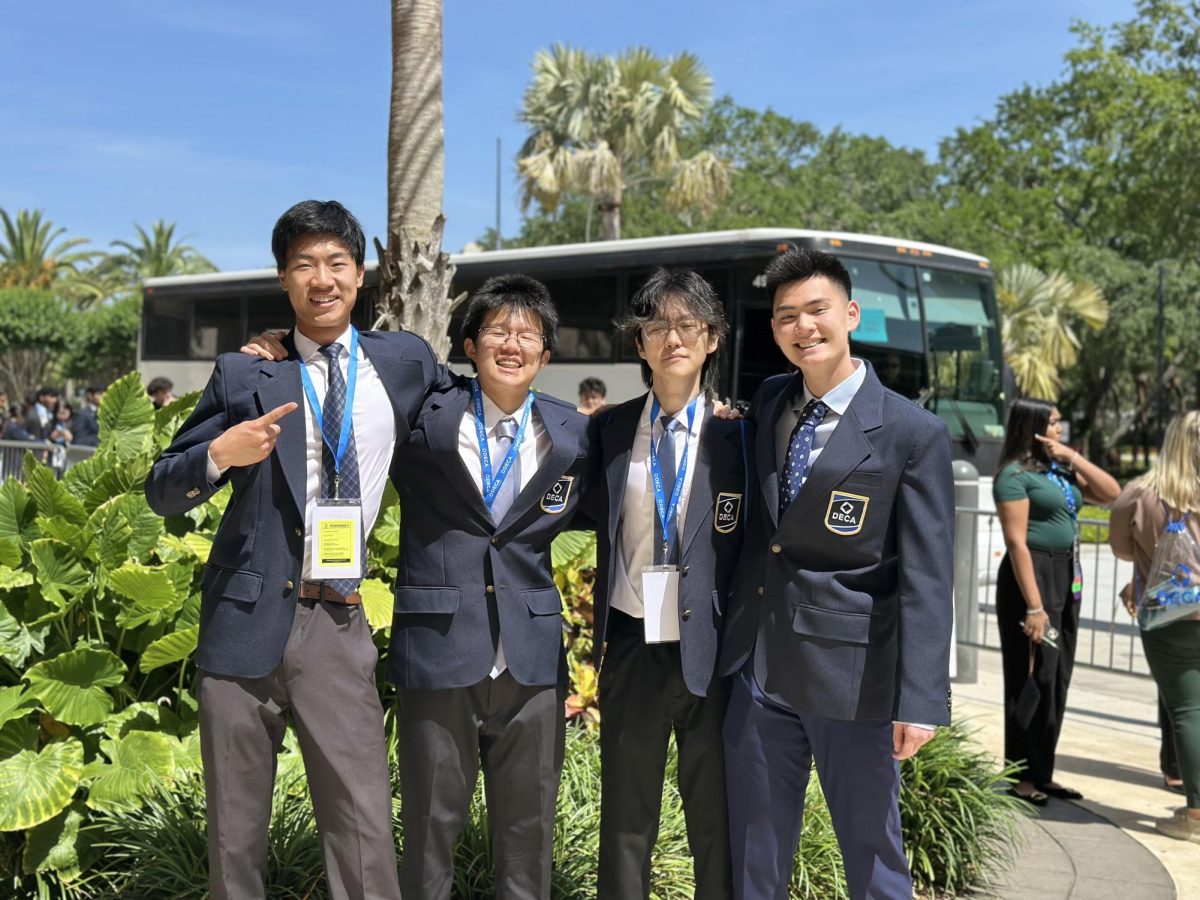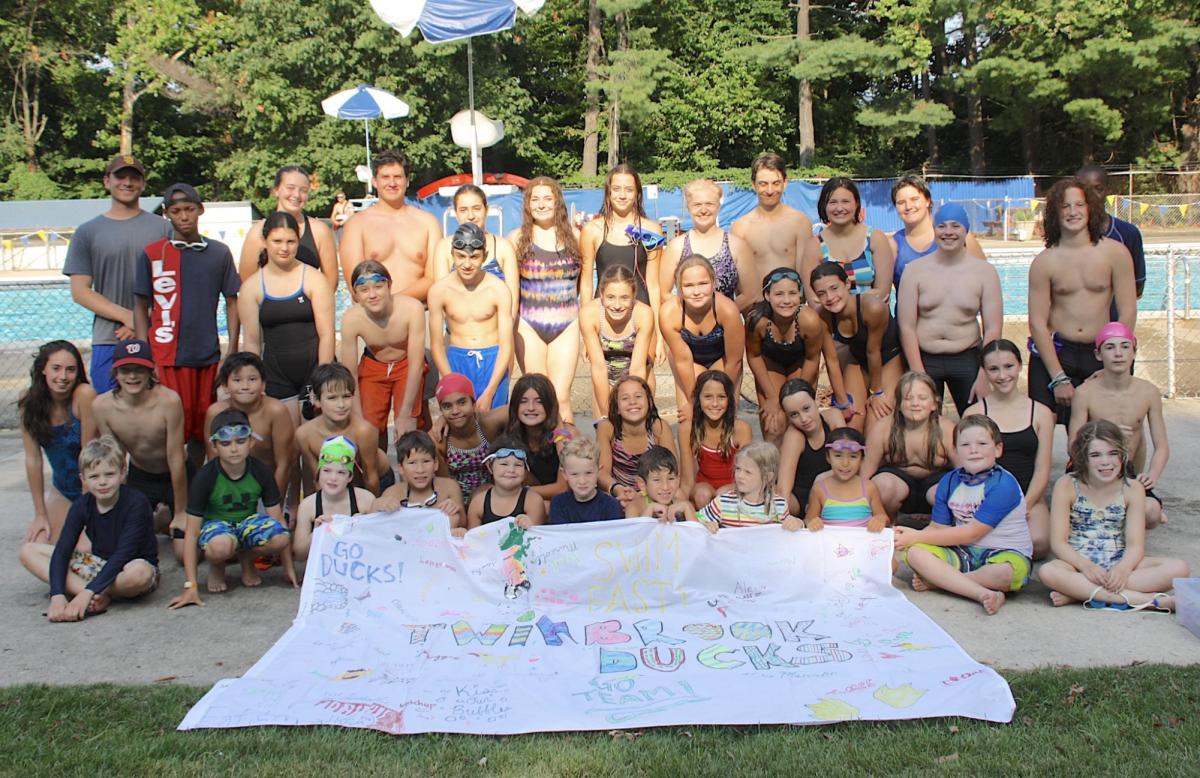The war in Syria can be thought of as a large-scale revolution, in which the rebels of the nation are fighting their leader Bashar al-Assad. In the midst of the war, Kurdish groups, along with allies backing both the rebels and al-Assad have intervened, causing the full-on war we see today in the newspapers.
The citizens caught in these conflicts usually flee to nearby countries, particularly to Europe, causing the refugee crisis. As thousands of refugees ask for asylum in the European countries, those countries are more reluctant to open their borders as they believe terrorists may sneak in through the borders and cause harm to the nations.
Thus, the incidents involving the Syrian war in the Middle East have spread xenophobia through the western world and developed countries. The United States of America is no different as some citizens appear to harbor ill feelings towards those involved in the conflicts, whether they were directly involved or share the same religion or nationality. Citizens are worried by the threat the Syrian organizations, including ISIS, pose towards our nation, grouping the Syrian refugees and Muslims with these violent rebels.
As a result of these violent conflicts, Muslims may be treated differently because they share a religion with those involved in the war. Because our Richard Montgomery community includes many Muslim students, The Tide asked several of these students to share their perspectives on the war in Syria, xenophobia in the U.S., and their own personal experiences.
The Refugee Crisis
Junior Tanya Syarnubi: “I believe it’s unjustified that some countries refuse to take in these Syrian immigrants because it’s not their fault, it’s the government that’s oppressing them, and if you want to attack anyone or restrict anyone’s right of humanity, you should deal with the government themselves. Those innocent refugees don’t have control over anything that’s going on so not welcoming them to your country for the sole reason that they are foreigners or they are Muslim, is just wrong. They are human too. And these people don’t have anything. We’re all human and you should treat each person humanely.”
Senior Samad Iqbal: “For Syrian refugees, I think that the US has the obligation to host them just because the Syrian war has had many casualties. Lots of people have been dying because of them and Turkey is hosting a lot of the Syrian refugees, but they are already becoming over populated and they can’t host all the refugees that are fleeing from the Syrian war, so I think the US should also host some Syrian refugees. That’d just be the human thing to do, to be able to escape the violence that is occurring in the Middle East.”
Freshman Usama: “What people do not understand is that Islam represents peace. There are so many people out there that make themselves look like Muslims and do horrible things that to Islam look bad. Islam is real justice and fairness and these governments that oppress Muslims do so because they want to keep their power and keep committing unlawful acts to others who cannot defend themselves. And when they defend themselves, the media makes it look like they’re the problem, and they’re the attackers, and they must be destroyed.
The ones that truly know the terrible things that these nations hide from the public are the Muslims. Our men have been tortured for no reason. Our children, butchered and burned alive. And our women raped and massacred.
If you want to know the truth about Islam, go ask a Muslim. Go to a masjid, and go ask a real muslim. Not some idiot that makes themselves look like one.”
Personal Experiences
Junior Tanya Syarnubi: “Personally, I haven’t felt any discrimination or anything like that and I haven’t felt any personal connections to what’s going on in the world. But I still take it to heart. Some people are so ignorant sometimes. If the government wants to argues with anyone it should be the oppressing governments of Syria and of the Middle East. You shouldn’t punish the innocent refugees for the faults of their governments.”
Junior Sofia Bhalwani: “There are some Syrian kids in New York and my mom, she’s a doctor, so she got an email from the Indian Doctors of America and they said, ‘There are these kids up for adoption’, so I might be adopting a Syrian kid!
And RM is super diverse and I don’t think it’s as affected by all the issues going on as like other schools around the world are, so many people don’t really know about this as much as we are, but we’re Muslims, so obviously we know. But I think it’s something important that we should talk about as a community and as a society that we kind of blockade off because it’s not in our view of sight. In IB, we take a class called Theory of Knowledge and we could talk about it in that class because it’s a class of discussion and it could involve different people, and that would be good.”
Senior Nishka Patel: “I believe that the reason behind all of the bigotry ,especially towards Muslims, that occurs in society today is simply due to fear and a lack of education. No religion, Islam included, is “bad” nor promotes many of the stereotypes that the media is portraying today. However, in order to not be tempted to believe the generalizations that we hear everyday, we must educate and expose ourselves to what scares us the most.
Even though I am not Muslim-born, I had the opportunity to explore this wonderful faith through RM’s Muslim Student Association, and the D.C. Muslim InterScholastic Tournament. RM is such an accepting community, and lets us continue to spread religious tolerance in high school and beyond.”








